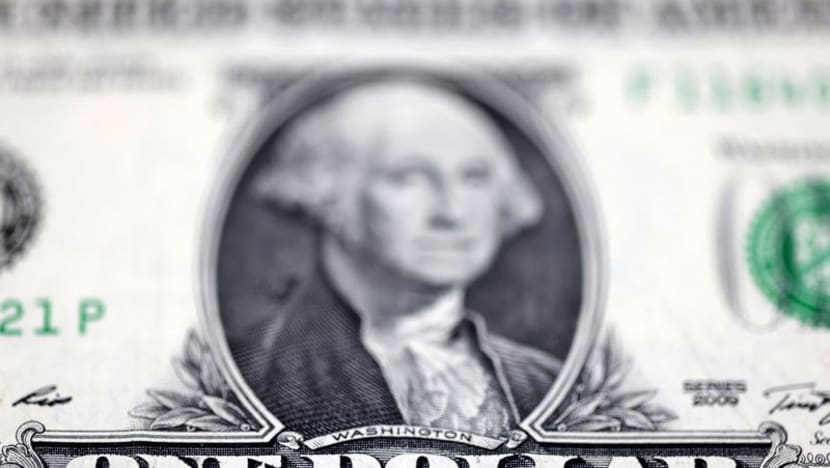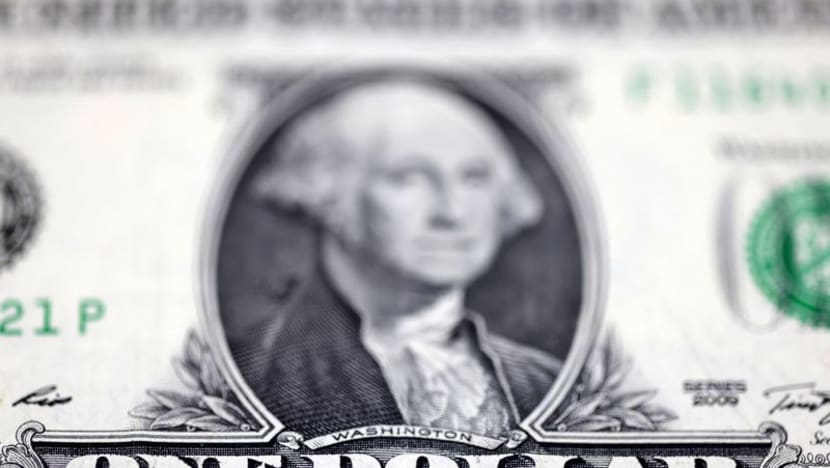THE European Championship – the quadrennial football tournament known this year as Euro 2024 – begins in Munich this weekend, with the host nation Germany playing the first of the competition’s 51 matches when they face Scotland at the stunning Allianz Arena on Saturday (Jun 15, 3 am Singapore time).
Not everyone in Germany is particularly enthralled about the event, however.
The results of a recent survey conducted by public broadcaster ARD found that more than one in four Germans – 27 per cent, to be precise – have zero interest in Euro 2024, the biggest sports event held in their country in nearly two decades.
Perhaps the German national team’s fortunes – or lack thereof – have something to do with their countrymen’s disillusionment.
Despite a stellar record of three European championships and four World Cup trophies, Germany have not sparkled on the international stage of late. At the last two World Cups in 2018 and 2022, they failed to even make it past the first round.
On the economic front, many analysts have said they do not see Euro 2024 having much of an impact on Germany’s economy, which is the largest in the eurozone.
A NEWSLETTER FOR YOU
Lifestyle
Our picks of the latest dining, travel and leisure options to treat yourself.
Gross domestic product shrank by 0.3 per cent last year, giving Germany the dubious honour of being the world’s weakest-performing major economy. The forecast for 2024 is for a modest 0.3 per cent expansion.
While the hotels and the food and beverage industries could see a bit of a boost from the spending by the tournament’s 2.7 million ticket-holders, economists do not think that this will have significant impact on overall growth.
Global interest
Many Germans may be indifferent even though Euro 2024 is happening in their own backyard, but the tournament spells big bucks for European football’s governing body UEFA.
The Switzerland-based UEFA has said that it expects Euro 2024 to generate a revenue of about 2.4 billion euros (S$3.49 billion) for itself, its subsidiaries and the German Football Association (DFB). This is about 25 per cent higher than the last edition that was staged in 2021, a year later than scheduled due to the Covid-19 pandemic at the time.
UEFA marketing director Guy-Laurent Epstein was quoted in various media reports earlier this week as saying that the tournament will reach a cumulative global audience of more than five billion.
Euro 2020 attracted a total of 5.2 billion viewers, with the final between England and Italy at Wembley watched by 328 million people around the world – matching the record that was set in 2016.
UEFA has five German sponsors for Euro 2024 – Bitburger, Deutsche Bahn, Deutsche Telekom, Ergo and Wiesenhof. They join a list of 13 global partners including Adidas, Alipay, BYD, Coca-Cola, Hisense, Qatar Airways and Vivo.
For a rough gauge of just how big the stakes are in the sponsorship arena, look no further than German sportswear giant Adidas, which has supplied the national team with its jerseys for the last 70 years.
In March this year, the DFB announced that it will be Adidas’ main rival – US-based Nike – that will equip all German national teams for at least seven years, starting in 2027.
While details of the mega-deal were not made public, it was reported that the DFB would make at least double what Adidas was paying, which is widely believed to be around 50 million euros a year.
Sleepless nights
Fans in Singapore are getting ready to pull some all-nighters as they root for their favourite teams until almost the crack of dawn.
Many have already taken up the early-bird offer from three broadcasters – Singtel, StarHub and Mediacorp’s Mewatch – and forked out S$88 for all the matches. That offer ended on May 26 and it now costs slightly more, S$108, to subscribe.
Due to the time difference, most of the matches will begin at either midnight or 3 am (Singapore time), with just seven games – including the Netherlands’ opener against Poland on Sunday – set to kick off at the much more palatable hour of 9 pm.
There are three big fixtures on Saturday night – Switzerland play Hungary (9 pm), three-time winners Spain take on Croatia in a mouthwatering clash (midnight), and defending champions Italy open their campaign against minnows Albania (Sunday, 3 am).
Four matches will be telecast on free-to-air Channel 5 and the Mewatch streaming service – the Spain versus Croatia game, as well as England’s fixture against Denmark (Jun 21), Portugal versus Turkey (Jun 23), and France against Poland (Jun 26).
The six group winners, six runners-up and four best third-placed teams will qualify for the round of 16, which starts on Jun 30. The final will be played on Jul 15 at the 74,474-seater Olympiastadion in the German capital Berlin.
Italy won the last tournament in 2021 – which was played a year later than planned due to the Covid-19 pandemic – when they beat England in a penalty shootout at Wembley Stadium in London, after the two sides were deadlocked at 1-1 after 120 minutes.
Favourites and underdogs
This time, the Three Lions (England’s nickname) are the firm favourites with many bookmakers. Germany, 2022 World Cup runners-up France and Euro 2016 winners Portugal are also expected to reach the latter stages.
Among the underdogs, look no further than the tournament’s lone debutant Georgia, a former Soviet republic with a population of just 3.7 million that somehow produced a team that has made it this far to compete with the continent’s top dogs.
Local bookmaker Singapore Pools does not think too highly of their chances, however, as they are offering some pretty tempting odds of 500-to-1 for Georgia to win the trophy.
That means a small flutter of S$10 would reap a tidy return of S$5,000 if Georgia’s coach Willy Sagnol – a Frenchman who won numerous trophies as a player with Bayern Munich – can somehow produce a miracle in Germany.
After all this build-up, the stage is set for one of the 24 teams to go all the way and lift the Henri Delaunay trophy in a month’s time in Berlin.




